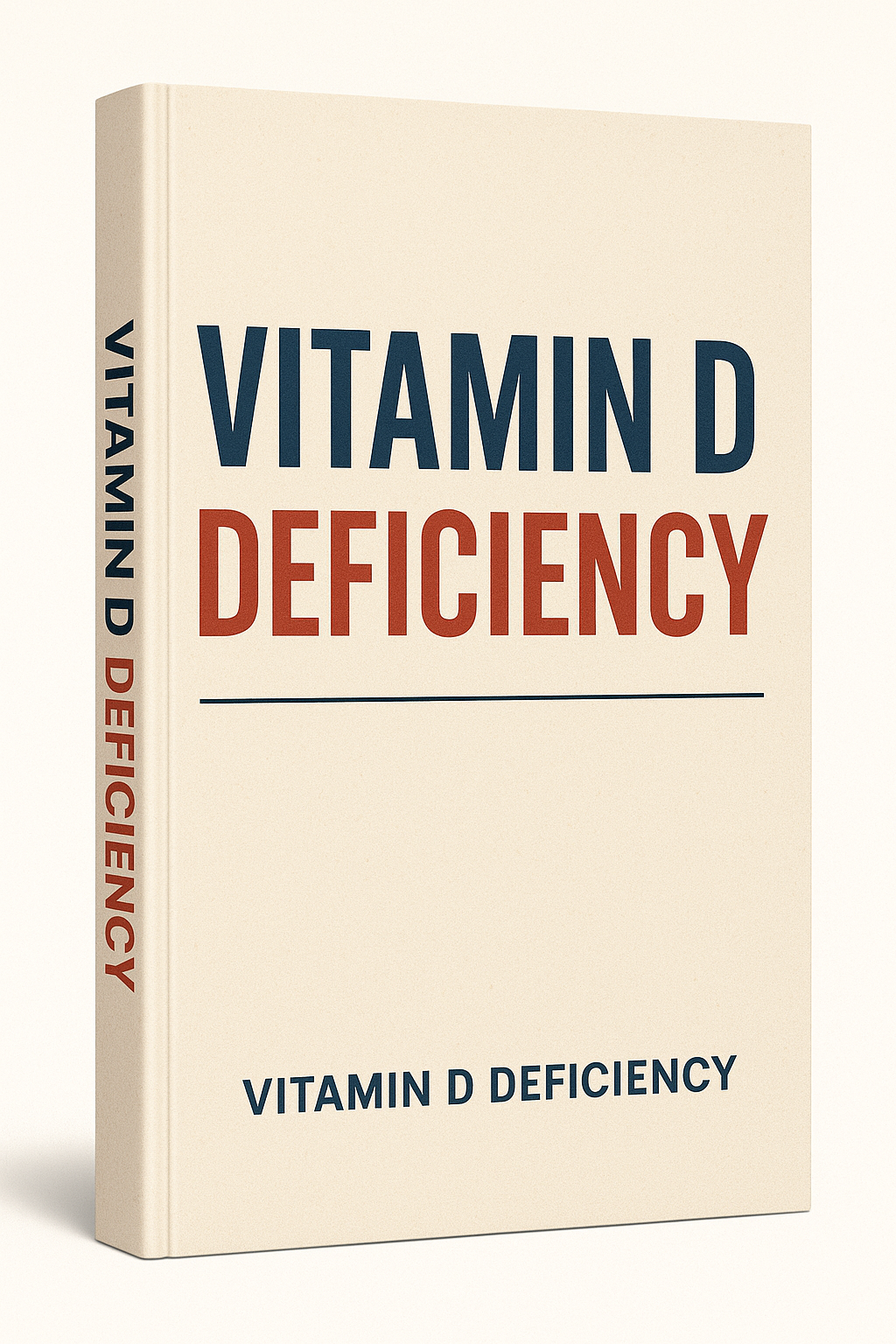What Happens to the Body When You’re Vitamin D Deficient

Vitamin D is often called the “sunshine vitamin” because our bodies can produce it when skin is exposed to sunlight. But despite this natural ability, vitamin D deficiency is surprisingly common—especially in regions with long winters, people who work indoors, and those who use sunscreen regularly.
At Sheen Vein (Aesthetics and Functional Medicine), we often find that patients struggling with fatigue, mood changes, bone pain, or frequent illness have one thing in common: low vitamin D levels.
Let’s look at why vitamin D is so important, what happens to the body when you’re deficient, and how we can help you restore healthy levels.
Why Vitamin D Matters
Vitamin D isn’t just a vitamin—it functions like a hormone, influencing multiple systems in your body. It helps:
- Absorb calcium and phosphorus for strong bones and teeth
- Regulate immune system function
- Support muscle strength
- Influence mood and brain health
- Reduce inflammation
Because it has such widespread effects, being deficient can impact much more than just your bones.
What Happens When You’re Vitamin D Deficient
1. Bone Weakness and Increased Fracture Risk
Vitamin D helps your body absorb calcium from food. Without enough, your bones can become soft, brittle, or weak.
- In children, severe deficiency can cause rickets, a condition with bone deformities.
- In adults, it can cause osteomalacia (soft bones) or contribute to osteoporosis.
You may notice bone pain, muscle weakness, or frequent stress fractures.
2. Muscle Weakness and Balance Problems
Low vitamin D can affect muscle fibers, reducing strength and coordination. This can increase your risk of falls, especially in older adults. Many patients don’t realize that their unexplained muscle aches or weakness can be tied to low vitamin D levels.
3. Increased Risk of Infections
Vitamin D plays a crucial role in activating immune cells that fight off viruses and bacteria. Deficiency can make you more prone to:
- Frequent colds
- Respiratory infections
- Slower recovery from illness
4. Mood Changes and Depression
The brain has vitamin D receptors, and low levels are linked to an increased risk of depression and seasonal affective disorder (SAD). Many people experience mood improvements when their vitamin D levels are optimized.
5. Chronic Fatigue and Low Energy
If you’re getting enough sleep but still feel tired, vitamin D deficiency could be part of the problem. It impacts mitochondrial function—the part of your cells responsible for producing energy.
6. Slower Wound Healing
Vitamin D helps regulate inflammation and cell growth during tissue repair. People with deficiency may notice that cuts, bruises, or surgical wounds heal more slowly.
7. Increased Inflammation and Chronic Disease Risk
Research shows that low vitamin D levels are associated with higher risks of:
- Cardiovascular disease
- Type 2 diabetes
- Autoimmune conditions (like multiple sclerosis or rheumatoid arthritis)
Part of this is due to vitamin D’s role in modulating inflammation.
Who’s at Risk for Vitamin D Deficiency?
You may be more likely to develop low vitamin D if you:
- Spend little time outdoors
- Use sunscreen consistently (blocks vitamin D production)
- Have darker skin (more melanin reduces vitamin D synthesis)
- Are over 50 (aging skin produces less vitamin D)
- Have digestive disorders that affect absorption (Crohn’s, celiac)
- Are overweight or obese (vitamin D can get stored in fat tissue, reducing availability)
Testing for Vitamin D Deficiency
At Sheen Vein (Aesthetics and Functional Medicine), we use a simple blood test to measure your 25-hydroxyvitamin D levels.
- Optimal range: Usually between 50–80 ng/mL for most patients (varies based on individual health goals).
- Many people test below 30 ng/mL—considered insufficient for optimal health.
How We Treat Vitamin D Deficiency
Our approach is personalized based on your lab results, lifestyle, and health history. Treatment may include:
- Supplementation – using high-quality vitamin D3 (cholecalciferol), often combined with vitamin K2 for better calcium utilization.
- Dietary changes – adding vitamin D-rich foods like salmon, sardines, egg yolks, and fortified dairy.
- Lifestyle strategies – safe, moderate sun exposure when possible.
We also recheck levels after a few months to ensure you’ve reached and maintained your target range.
Why Functional Medicine Makes a Difference
Rather than simply prescribing a generic supplement, we:
- Find out why you’re deficient (low intake, absorption issues, lifestyle factors)
- Address underlying causes (gut health, inflammation, hormonal balance)
- Integrate vitamin D optimization into your broader health plan for bone strength, immune resilience, and energy
Final Thoughts
Vitamin D deficiency is common—and often overlooked—but its effects on the body are wide-ranging. From bone strength to mood, immune defense to energy, this nutrient plays a role in nearly every system.
If you’ve been feeling fatigued, achy, moody, or run down, it may be time to check your vitamin D levels. The good news? With proper testing and personalized care, deficiency is very treatable—and restoring optimal levels can have a profound impact on your health and quality of life.
📍 Serving St. Louis, Sunset Hills, Kirkwood, Webster Groves, and surrounding Missouri communities
📞 Call 314-842-1441 or request your appointment online to schedule your vitamin D evaluation today.
Internal Links for SEO: